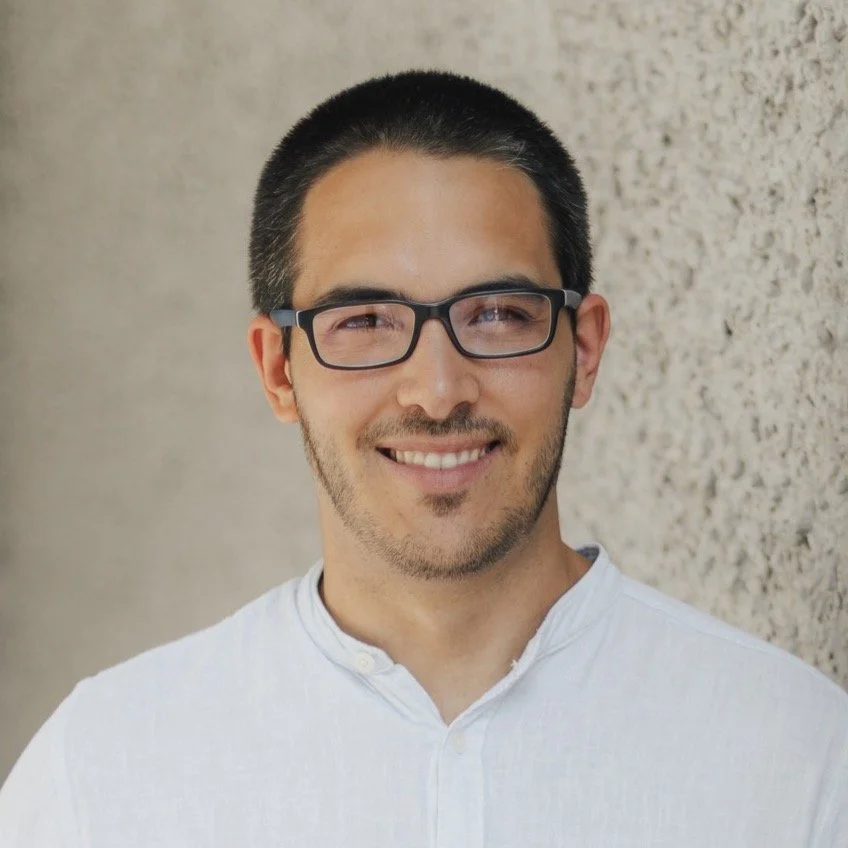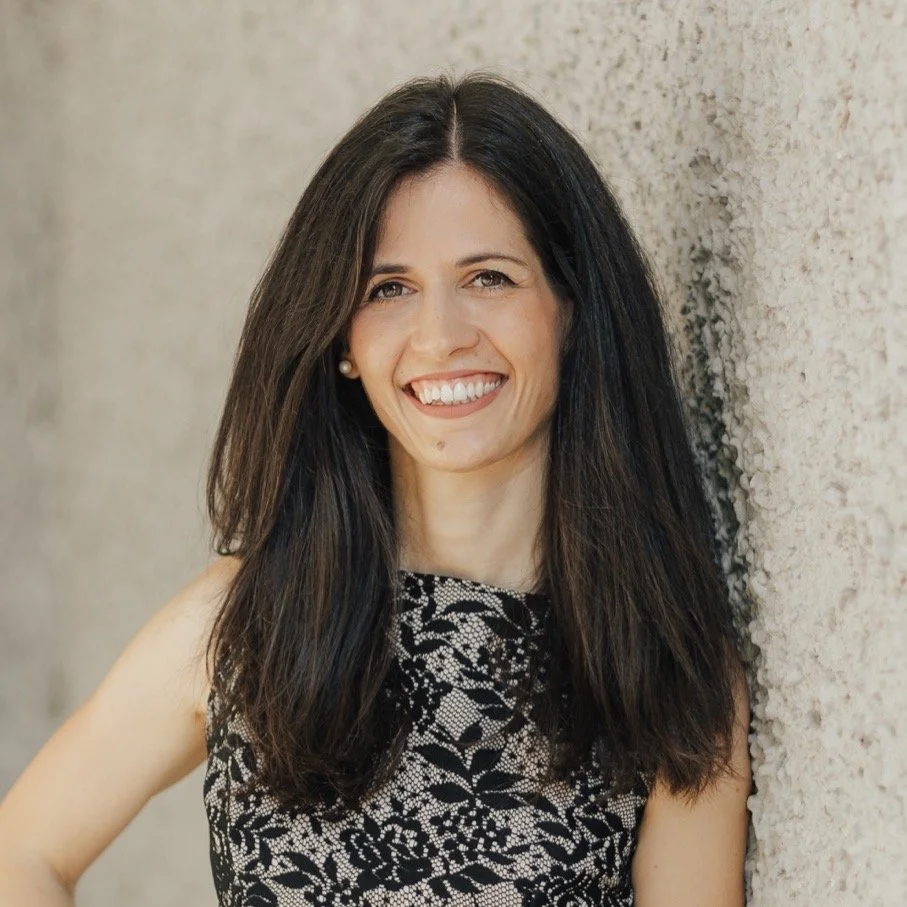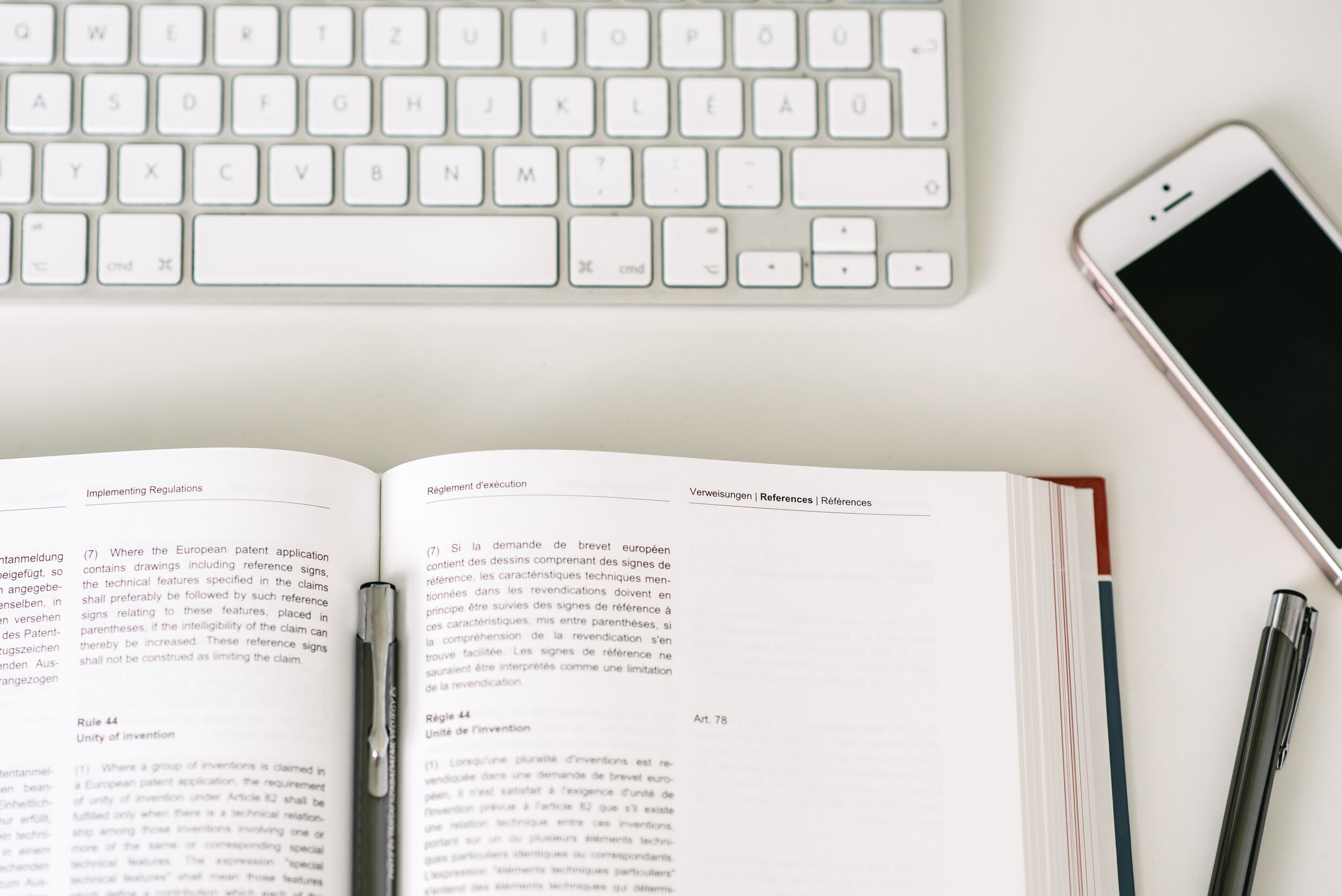All about Paper D
Paper D Basics
Length: 6 hours with two official breaks in between (Until 2019, it used to be 5.5 hours with no break. It was up to the candidates how they allocated their time between the different parts of the exam.)
Paper D is split into three parts. Each part must be completed before the start of the next break, with the next part only becoming available after the break.
During parts D1-2 and D2, candidates may take unscheduled breaks. Further instructions relating to taking unscheduled breaks are laid down in the Instructions to candidates concerning the conduct of the EQE. It should be noted, however, that the exam clock will continue to run during unscheduled breaks, i.e. the examination will not be stopped.
Start time: 9:30 CET (3 March 2026)
Topic: Answering 6 separate legal questions citing relevant legal basis (D1) and giving a clear advice to a client after analysing a complex patent situation (D2).
Marks: 100 points, from which part D1 is worth 58 points and part D2 is worth 42 points. (Until 2019, D1 was worth 40 marks and D2 60 marks. In 2021, both D1 and D2 was worth 50 marks.)
There is no minimum points needed from D1 or D2 to pass Paper D. As long as you have altogether 50 marks, you will pass.
As a rough guide, the general advice is to spend 3 minutes/mark, thus answer a question worth 8 marks in 24 minutes.
Documents that you get as part of Paper D1: Different legal questions to answer.
Documents that you get as part of Paper D2: Client’s letter informing you about a complex situation (the letter is usually around 5 pages long), client’s questions that you need to answer and a calendar.
Documents that can be printed: No documents will be available for printing.
Important: No calendars will be provided. Since 2022, candidates have been responsible for preparing their own calendars.
24-week D1 (M2) study group with Christina Courreges (1 group)
6 September 2025 – 28 February 2026 (6 months total)
Meeting Time: Saturdays at 10:00 CET (9:00 UK time)
This study group has been fully booked. Thank you for your interest!
Paper D1 courses
15-week D1 (M2) study group with Christina Courreges (1 group)
6 November 2025 – 26 February 2026 (4 months total)
Meeting Time: Thursdays at 17:00 CET (16:00 UK time)
This study group has been fully booked. Thank you for your interest!
Intensive D1 (M2) study group with Ignacio
(2 groups)
5/6 December 2025 - 27/28 February 2026 (3 months total)
Meeting Times: Fridays 16:00 CET (15:00 UK time) or Saturdays 10:00 CET
Both study groups have been fully booked. Thank you for your interest!
Paper D2 courses
Weekday D2 study group with Zsofia (Wednesdays)
(19 November, 3 and 17 December)
Thank you for your interest, this group has been fully booked.
Autumn D2 study group with Zsofia (Sundays)
(21 September, 5 and 19 October, 2 November 2025)
Winter D2 study group with Zsofia (Sundays)
(11, 25 January, 8 and 22 February 2026)
Thank you for your interest, this group has been fully booked.
This new course includes two videos (and the corresponding PDF materials).
In the first part, I talk about general tips, methodology and talk about how you can approach open questions in Paper M2 or D1. In the second part, I analyse and discuss three D1 questions (2025 Paper D1, Questions 1, 2, and 5 – these are the most typical EQE questions in the most recent D1 exam), and show my answers.
With the purchase, you will obtain:
video about methodology and tips (about 65 minutes long);
my presentation with many helpful tips and a study plan (PDF);
video about me analysing and answering 2025 Paper D1 Questions 1, 2 and 5 (about 65 minutes long);
my answers to 2025 Paper D1 Questions 1, 2 and 5 with comments (PDF).
This course was recorded on 30 July 2025.
Paper D study materials
In 2022, I arranged a few group sessions in order to show candidates my method for the electronic EQE in real-time. I was writing the exams on screen as if it was my EQE, but I also narrated and explained the steps I followed.
With the screen sharing option in Zoom, I showed what tables and templates I used, and how I wrote my answer electronically at the EQE. Since I took (and passed) the first electronic EQE, my method was perfectly suitable for WISEflow. My method includes only one simple printed table on paper.
With the purchase, you will obtain:
the recording of the meeting (about 3 hrs.),
the copy of the answer I wrote during the exam and
the filled timeline-table.
In 2022, I arranged a few group sessions in order to show candidates my method for the electronic EQE in real-time. I was writing the exams on screen as if it was my EQE, but I also narrated and explained the steps I followed.
With the screen sharing option in Zoom, I showed what tables and templates I used, and how I wrote my answer electronically at the EQE. Since I took (and passed) the first electronic EQE, my method was perfectly suitable for WISEflow. My method includes only one simple printed table on paper.
With the purchase, you will obtain:
the recording of the meeting (about 3 hrs. 30 min),
the copy of the answer I wrote during the exam and
the filled timeline-table.
How to deal with Paper D1?
Unfortunately there are no magic tricks, start studying and practicing as much as possible. Each legal question is completely different, and many of them test more topics at the same time (for example you may find representation, entry into EP phase and withdrawing the priority claim within the same legal question). Furthermore, there are many PCT questions too, which are usually more difficult and time consuming for candidates.
I don’t know about you, but it is very hard for me to study just by sitting and reading. For my brain, it is much easier to study by doing, i.e. answering actual legal questions.
In my opinion, you should aim to answer at least 1-2 legal questions every single day (or at least on weekdays) until the EQE. You don’t have to do them under time pressure, but take the time, read the corresponding sections in your reference books to actually understand the issue at hand. After you answered a question, don’t forget to correct your answer and take notes of your mistakes.
Luckily, there are plenty of legal questions available, such as past EPAC exams (and the mock EPAC), past Pre-exam questions, past Paper D exams, EPO Daily D questions, Paper F brain-teasers, DeltaPatents books (Basic Legal Questions and Main Exam Questions for Paper D). There must be hundreds of questions that you can use.
A few things to remember:
There are no trick questions in Paper D.
Do not summarise the question again in your answer. Full waste of time.
Do not write full sentences, use bullet point style. you can also shorten the names of the applicant’s and inventions. It is not only shorter for you but much easier to correct for the marker.
Remember to always read the question twice, plan your answer and not just start to write. This way, you can be sure that you actually answer the question and that your answer can be easily followed.
Write clearly, add legal basis to every statement (each statement is worth around 0.5-1 points, so for a question worth 8 marks you should write about 14 statements).
Write out time limit calculations any time you are mentioning a time limit.
Practice as many previous papers as possible before the examination.
When practicing, make notes of your mistakes! You probably do not realise how important this is.
If there are explicit questions, do not forget to answer them. It is so obvious and still we tend to forget it many times. If the question asks for example “Can you still reply to the office action?“, do not forget to add Yes/No at the beginning or the end of your answer. I prefer to start with my explicit answer and then writing my arguments.
Read and answer each D1 question one by one. Do not confuse yourself unnecessarily by reading the questions ahead.
If you don’t know something, skip it, and answer questions that you know. You can come back to it later, if you still have time. If not, do not worry, at least you spent your time on answers that will gain marks. Lots of people who do not have time to finish the Paper still pass, so it is OK.
Books to use
As you probably know, similarly to the other exams, you can use any written materials during the main exam.
You should pick one EPC and one PCT reference book (if you have more it will just slow you down), use them for a few months, annotate, highlight, and tab them so that they become your trusted friends during the exams. If you don’t know which books you should select, you can find a summary of EPC reference books and PCT reference books on my EQE blog.
Additionally, you can create your overviews, notes, tables or feel free to print my free materials.
Since there is no time for looking up information you have no idea about, having a book next to you that you never used will definitely not help you.
Personally, I used my EPC reference book for 70-80% of the questions. For the rest, I used my PCT reference book, the Euro-PCT guide, the PCT Applicant’s guide (shortened version), and my own notes (time limit tables, etc.).
Online or printed materials?
Many of the documents (ADA, AAD, National Law, PCT Applicant’s guide, Euro-PCT guide, OJs, etc.) are already available from WISEflow, but you cannot open too many tabs and opening tabs can also slow down your browser (not just my experience). So, you might want to print a few additional, important documents.
It is also up to you if you fully trust WISEflow or if you would rather have a copy of the most important materials, such as the PCT Applicant’s guide. [If you feel more comfortable having a hard copy of the PCT Applicant’s guide, please save the trees and don’t print thousands of pages though. Focus on the questions and answers in the “Introduction to the International Phase” and “Introduction to the National Phase”, and print on both sides of the papers. Furthermore, you can also print the Annexes of the biggest offices (such as IB, EPO, USPTO, CN, KR, JP, DE, UK, FR), but you definitely don’t need to have all Annexes of all PCT member states.]
If I were you, I wouldn’t really print documents that are not that important but are available online. However, if you prefer printed materials, you can print documents that are more frequently needed. You can annotate, tab and highlight them just like your books and keep using them until the exam to get used to them. There are also candidates who use a mixed approach and print the index of the GL, but they then use the online GL.
One more comment on printing: I highly recommend deciding what you want to print as early as possible. This way, you can practice the same way until the EQE, using the same materials, whether they are online or on paper. If you do want to print some documents, such as the PCT Applicant’s guide, print them now and use the same printed documents in the upcoming months. As a result, you will get used to those and thus be a lot quicker when looking for something. Furthermore, you have plenty of time to highlight it, add tabs, comments, etc.
Some candidates like to use online materials when answering questions – that is fine, but remember to train under the same circumstances as the exam. For example, don’t search answers in your browser as you will not have access to Google from WISEflow. Moreover, you will not be able to use your online materials, such as the EPC.app or Ignacio Lobato’s electronic Paper D-guide from WISEflow, so make sure to have hard copies.
You can however start practicing using the “Advanced search” at EPO’s starting page, I heard from candidates that it is very helpful during the exam (but again, only if you know how to use it efficiently).
How to deal with Paper D2?
As I mentioned above, D2 is about giving a clear advice to a client after analyzing his complex patent situation. The client’s letter is quite long, but every single sentence is important and was included in the Paper with purpose. There are no tricks there.
While the exact questions can differ, they usually concern the following topics:
1. Situation as is
Describe the current situation (what is the situation now, who gets the patent if we do not change anything, is the priority valid, etc.) –> this part is usually worth 30-50% of the marks for D2!
2. Improvements
What are the problems (about 10% of the marks), what kind of improvements are possible, which one do you suggest (about 20% of the marks) and what steps have to be taken (about 20% of the marks)
You have to help the client, fight for the client such that his patent situation improves.
3. Situation after (exploitation)
Describe the situation after the suggested improvements (who owns the patent rights, licensing agreements, etc.). There might be also some specific questions to answer (for example client has a business meeting next month, what should he do).
Please do not forget the definition of patent; it is really important for Paper D2. You cannot simply say that claim covering product X is granted so client is free to sell/produce/use/market product X. A patent does not give right to freely sell/produce/use/market a product but only to exclude others from selling/producing/using/marketing the patented product.
In D2, there is definitely a lot of writing. However, you can use bullet point style here as well.
Regarding D2, it is even more important that you practise as many earlier papers as you can, since each of them cover different legal aspects. Each D2 covers about 4 legal topics (such as divisional applications, missing parts, partial priority, entitlement, reformation in peius, sufficient disclosure, etc.).
Start doing previous D2 Papers early, do not leave them for January and February. However, regardless how early to start preparing, there still might be things in the exam that you do not know or answer incorrectly. Do not worry, you can still pass! Firstly, as I mentioned, majority of the points are in the first part: describing the as-is situation. For this part, you do not really have to solve any tricks (for example entitlement – entitlement issues do not change the current situation, since the EPO will grant the patent to the applicant on file). Secondly, Paper D2 is designed in a way that you can still gain marks for a legal topic if you had problems regarding another topic.
Similarly to D1, write out every step, don’t just give short conclusions. For D2, no legal basis needs to be cited.
Use a good timeline or table
For D2, you will definitely need a good timeline or table. If you start by reading, understanding and then preparing a good table using all the information, it will be relatively simple to get the points for the first part of the D2 (situation as is).
As you probably know, hand-written notes cannot be filed as part of your answer. Therefore, for D2, even if you use a timeline or table, you cannot hand it in. You will have to fill it with pencil on paper, and type your answer electronically. Alternatively, you can create a table in the WISEflow editor if that is convenient for you. (For some candidates it works quickly, but I preferred my paper table.)
If you don’t have the budget to join a Paper D2 study group, you can check out my methodology here and my template here.
Thank you for your support and kind words!
“I want to thank you again for your video classes, which perfectly suited my preparation for the EQE exams and made a good contribution to my success.
Presenting in a nicely structured way how you approach an exam, with just the right amount of clear explanations, was an excellent method for me and felt very natural for learning.
The video format is fantastic, allowing to rewatch parts or the entire paper, skip sections already understood, and watch at times that fit my schedule, family life and energy levels, even if sometimes a bit unusual.
A huge thank you - I have passed all four papers on my first try in 2025🥳 with a methodology deeply inspired by your video classes 🤗.”
Sabine
“Your D1 Mock exam definitely contributed to getting the right mind set, as well as the D2 video I ordered from you. I also learned from some of the templates you provide on your website, which made my own materials more complete.”
“My special thanks goes to Fillun for extremely helpful methodology recordings for papers C and D2.”
Julia
I watched all your paper D videos last year and practiced and practiced and ended up passing paper D. Of course I was really happy about that. 🤩 I really liked your "no bullshit" straight on approach where you actually do the exams on time. Have not seen anyone else do that! Thank you! This was great 😊
“I passed papers B, C and D by just watching your recordings and mimicking your method. Huge thanks! I can only recommend your preparation materials to everyone 💪🏼”
Katharina
“I wanted to let you know that this year I took B, C and D and passed them all. (I was done with A last year.)
I am highly thankful to you and Ignacio for the guidance I got from your materials. I used your video materials and the books from Ignacio and they were game changers to say the least.
Keep up the good work!”
I'm pleased to share that I successfully passed all EQE papers on my first attempt. An outcome that would not have been possible without your excellent training and support.
I made sure to revisit your video tutorials multiple times. Your method formed the foundation of my exam strategy, and it proved incredibly effective.
Thank you once again for your invaluable guidance.
Related EQE blog posts
There are many Paper D related blog posts, you can use the arrow on the right to browse between them.























In this post you can find the answers to the EQE Advent calendar posts, quiz questions posted on LinkedIn (from 1 December 2025).